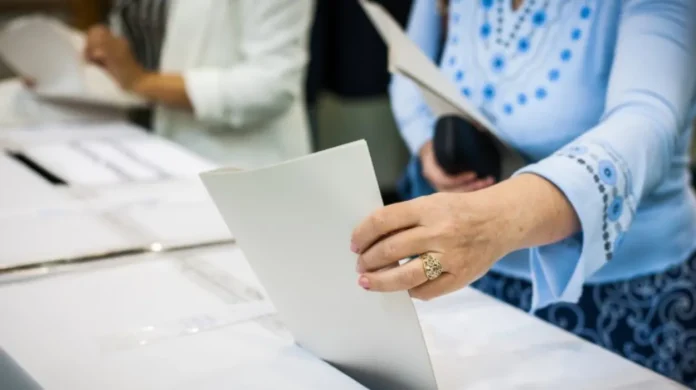The European Union deployed an Election Observation Mission (EOM) to the September presidential elections in response to an invitation from the Sri Lanka Election Commission, EEAS reports.
The EU EOM, led by Chief Observer Nacho Sánchez Amor, Member of the European Parliament for Spain, began its activities on August 14 with the arrival of a core group of 10 election experts in Colombo. On August 29, the mission expanded to deploy 26 long-term observers to all nine provinces of Sri Lanka. Chief Observer Nacho Sánchez Amor said:
“The European Union deploys less than ten election observation missions per year, with each one of them being a clear testament to importance we attach to the engagement with the country. By sending an election observation mission to Sri Lanka the European Union is confirming the depth and fruitfulness of our partnership and unwavering support to democratic values.”
The EOM will observe and analyse various aspects of the electoral process, such as the election administration, the legal framework, the conduct of the campaign, the media and the role of social media in the electoral process, and the overall space for political and civic participation. The EU EOM assesses the extent to which elections are conducted in accordance with national legislation as well as regional and international standards to which Sri Lanka is a signatory. This is the seventh EU EOM deployed in Sri Lanka since 2000. Sánchez Amor added:
“This election is crucial to fortify democratic institutions through the ballot box. Hence it will be important that the election is conducted peacefully, in a transparent and inclusive manner and that all voters and candidates retain confidence in the process and the outcome.”
EOM functions in Sri Lanka
Two days after the elections, the EU EOM will issue a preliminary statement and hold a press conference in Colombo. A comprehensive final report, which will also include recommendations for future electoral reform, will be published and presented to the authorities approximately two months after the completion of the electoral process.
The EU EOM is guided by three key principles – independence, impartiality and non-interference – and will utilise its robust and proven methodology for long-term observation throughout the country. All EU EOM observers are bound by a strict code of conduct and the mission operates in accordance with the Declaration of Principles for International Election Observation endorsed under the auspices of the UN in 2005.
Sri Lanka’s presidential election will be held on September 21. The term of the incumbent president expires on November 17, 2024. The Lankan constitution stipulates that the election of the head of state must take place not less than one month and not more than two months before that day.
